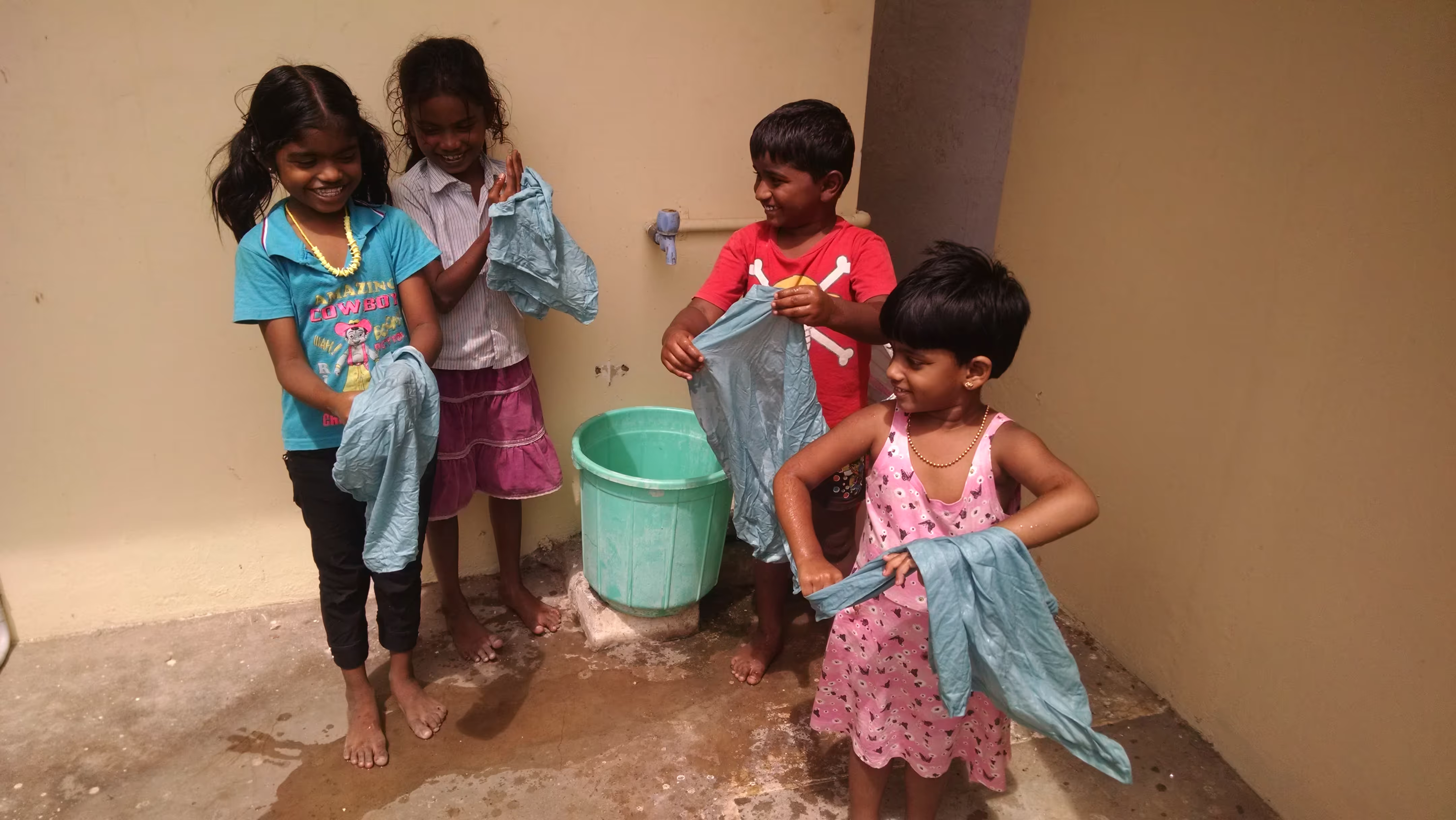Experimental Determination of Moisture Sorption Isotherm of Fecal Sludge

Abstract: Dewatering and drying of fecal sludge (FS) is a key treatment objective in fecal sludge management as it reduces volume (thereby reducing emptying frequency and associated transportation costs), inactivates pathogens, and is beneficial and/or necessary to resource recovery activities such as composting and combustion as fuel. However, studies on dewatering performances of FS are limited. The physical water distribution of such matrices is not fully understood, limiting the progress in the development and optimization of FS dewatering technologies. The objective of this study is to present a gravimetric method intended to assess the dewatering characteristics and associated modelling of FS through moisture sorption isotherms.
Samples were placed in airtight jars containing different saturated salt (NaOH, CaCl2, NaCl, KCl, K2SO4) solutions to reproduce a range of relative humidity values (6 to 97%). Results confirmed the achievement of characteristic sigma-shaped moisture sorption isotherms with increasing moisture adsorption at higher values of relative humidity. Furthermore, experimental data best fit the threeparameter Guggenheim–Anderson–de Boer (GAB) model. This method can be replicated to contribute critical data about the characterization of fecal sludge, a seriously under-researched matrix.